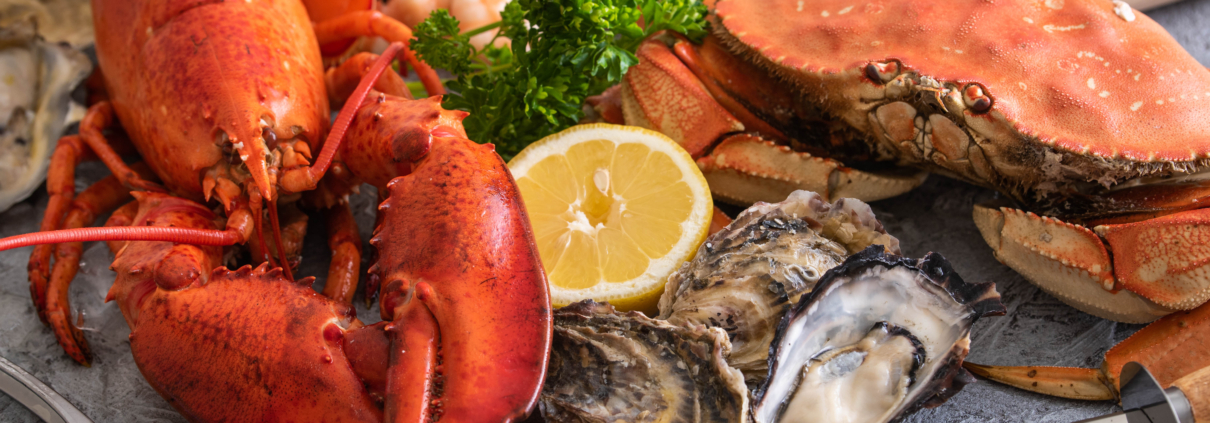What Are Some of the Sunnahs of Eating?
Answered by Shaykh Faraz Rabbani
Question: What are some of the sunnahs of eating?
Answer: Walaikum assalam wa rahmatullah,
I pray this finds you in the best of health and spirits.
The Prophet (peace and blessings be upon him) gave us much specific sunna guidance on eating. Among this guidance is that:
[1] Your body is a trust, and it has rights over you. It is not permitted to reduce one’s eating such that it leads to weakening oneself or harming one’s health.
[2] One must eat enough and properly to have the physical strength and wellbeing to be able to fulfill one’s religious obligations (including praying while standing and fasting Ramadan). Not doing so is sinful–though one is not responsible for circumstances beyond one’s control (such as sickness and disease).
[3] One should not overeat. Eating more than one’s fill is disliked, and prohibited when harmful.
[4] The sunna is to limit one’s eating to the extent needed to have the strength and wellbeing to fulfill one’s duties.
[5] It is from the sunna to eat well–within the abovementioned limits–and to thank Allah for His blessings.
[6] It is from the sunna to eat with others, and to invite others to share one’s food. There is great reward in hosting others and feeding them, as well.
[7] Dignified restraint is one of the central elements of the Prophetic sunna. In food, it means that one doesn’t eat one’s food hastily. Rather, one should chew one’s food well, wait to swallow one’s food before taking lifting more food, and to maintain the proper manners of eating, even (and especially) when very hungry.
[8] One should learn the sunnas of eating–such as beginning in the name of Allah, eating with one’s right hand, praising good food but not criticizing any food, observing restraint in one’s eating, finishing eating before one’s fill, praising Allah after eating, and so on–and bring them into one’s life.
[9] To have high intentions in one’s eating–such as giving one’s body its right, to have the strength to fulfill one’s duties and to do the good, to thank Allah for His blessings (for this is a bridge to loving Allah), and to follow the sunna of the Messenger of Allah (peace and blessings be upon him)–and to make one’s eating a means and not an end in itself.
[10] To learn what specific foods the Prophet (peace and blessings be upon him) particularly praised, and to grow to love them, and to incorporate them–with balance–into one’s diet. These foods include dates, honey, wholesome meat (in moderation), and so on.
Related Resource:
Riyad al-Salihin: Book on the Adab Related to Food
And Allah Alone Gives Success.
Faraz Rabbani
